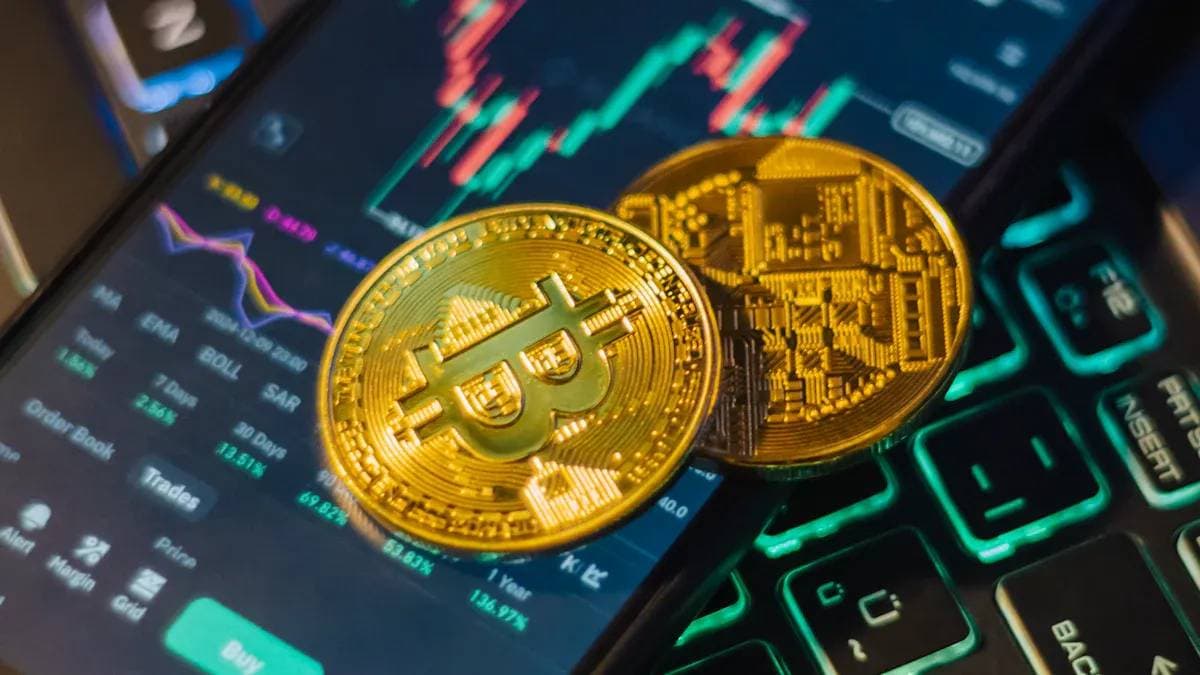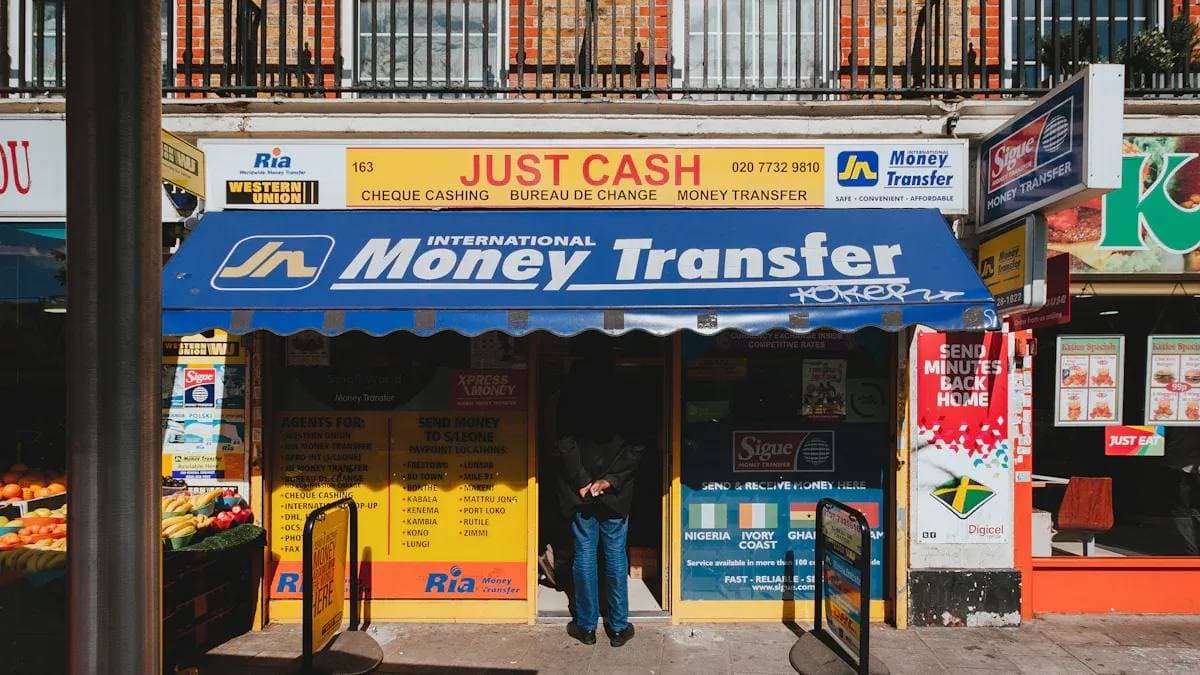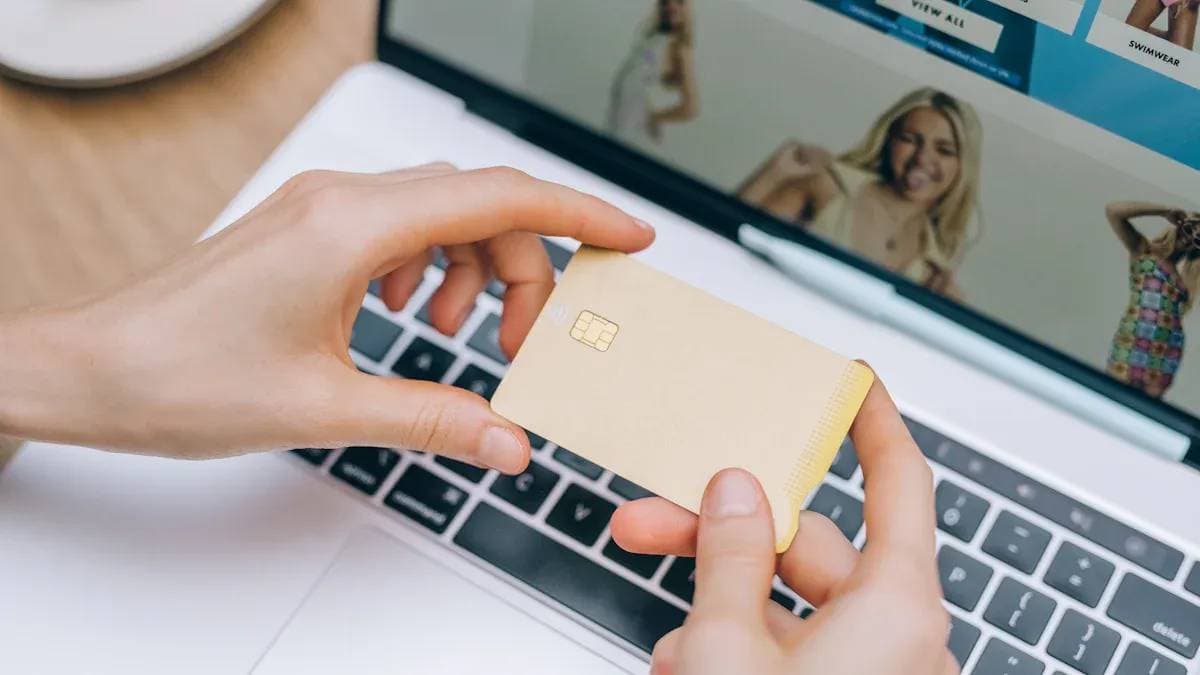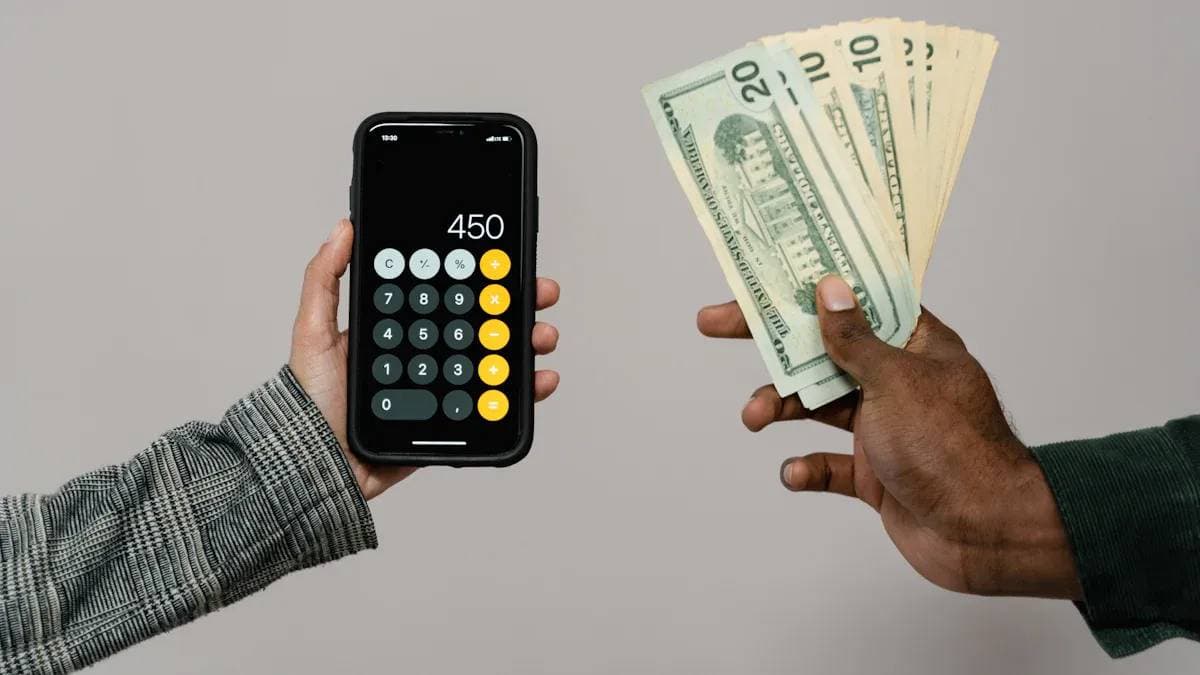- EasyCard
- Trade
- Help
- Announcement
- Academy
- SWIFT Code
- Iban Number
- Referral
- Customer Service
- Blog
- Creator
How to Add a Credit Card to Cash App? Usage Guide and Precautions
Cash App is a widely popular mobile payment application that allows users to recharge and make payments through credit cards, debit cards, and bank accounts. Users can use credit cards to add funds, pay bills, or make transfers on Cash App. However, when using it, they need to understand the transfer limits, reasons for transaction failures, and security issues. In addition, BiyaPay also provides an efficient and convenient remittance method, supporting remittances to most regions around the world without limit on the amount, making fund transfers smoother.

Can a credit card be added to Cash App?
A credit card can be directly bound to Cash App and used for payments or transfers, but not all credit cards are supported. Currently, mainstream credit cards such as Visa, MasterCard, American Express, and Discover can usually be used on Cash App, while some prepaid cards or commercial credit cards may not be able to be bound.
When binding a credit card, users need to provide the full card number, expiration date, CVV code, and billing address. If the information is entered correctly but the binding still fails, it is recommended to check the availability of the credit card or contact the bank to confirm if there are any relevant restrictions.
Is there a minimum amount requirement for recharging with a credit card?
When recharging with a credit card on Cash App, there is no minimum amount requirement. Users can recharge any amount, and even $1 can be successfully transferred to the account. However, although Cash App has no restrictions, the credit card company may set a minimum or maximum limit on the transaction amount.
For large recharges, it is recommended that users consult the credit card company in advance to understand the maximum daily or monthly transaction limit to ensure the smooth progress of the transaction. In addition, some banks may charge additional handling fees for credit card recharges. Users should carefully read the credit card terms before recharging to avoid additional expenses.
Can I recharge my own Cash App account with someone else’s credit card?
Cash App does not allow users to recharge their own accounts with someone else’s credit card. The purpose of this regulation is to prevent fraud and ensure the security of the account funds. If a user tries to bind someone else’s credit card and recharge, the transaction is likely to fail, and it may even lead to the account being frozen or closed.
Users can only use their own bank accounts, debit cards, or credit cards for recharging. In addition, Cash App advises users to avoid sharing account information with strangers to prevent potential fraud and loss of funds. If someone claims to be able to help you bind a credit card or recharge on your behalf, stay vigilant and avoid being scammed.
Why is the credit card recharge on Cash App rejected?
The failure of credit card recharge may be caused by various reasons, including bank restrictions, account security issues, or Cash App system errors. Common reasons for failure include:
- Incorrect information entered: Entering the wrong card number, expiration date, or CVV code may lead to the failure of the transaction.
- Insufficient credit card limit: If the available balance in the card is insufficient, the transaction cannot be completed.
- Bank risk control restrictions: Some banks may restrict certain types of transactions, especially credit card recharges involving P2P payment platforms.
- Account frozen or abnormal activities: If the bank detects suspicious transactions, it may automatically reject the payment, and the user needs to contact the bank to unfreeze the account.
- Cash App server issues: Occasionally, Cash App may encounter system maintenance or technical problems, resulting in the inability to complete the transaction.
If encountering a recharge failure, users can check the credit card information, confirm that the balance is sufficient, and contact the bank or Cash App customer service for help.
Is it safe to recharge with a credit card on Cash App?
Cash App uses end-to-end encryption technology to ensure that users’ payment information and transaction data will not be leaked. In addition, the platform supports two-factor authentication and biometric login, further enhancing security. However, to ensure the security of transactions, users still need to pay attention to the following points:
- Avoid making transactions in a public Wi-Fi environment to prevent hacker attacks.
- Regularly check account activities to ensure that there are no unauthorized transactions.
- Enable Cash App’s security settings, such as transaction notifications and PIN code verification, to prevent unauthorized payments.
- Do not share account information with others to avoid potential fraud risks.
Although Cash App itself provides strong security protection, users still need to be vigilant to ensure the security of their own funds.
Can the transaction be cancelled or a refund be obtained after recharging with a credit card?
On Cash App, once a credit card transaction is completed, it cannot be directly cancelled. If a user needs a refund, they must directly contact the payee and request the return of the funds. In addition, users can also contact the credit card company to initiate a dispute (Chargeback). If there is fraud or unauthorized use in the transaction, the credit card company may help recover the funds.
To reduce losses caused by incorrect operations, it is recommended that users carefully check the payee information and the amount before confirming the transaction, and make the payment only when they are sure that the transaction is correct.
Conclusion
Recharging and paying with a credit card on Cash App is a convenient payment method, but users should pay attention to the following points when operating:
- Confirm that the credit card is supported and avoid using prepaid cards or restricted credit cards.
- Check the credit card limit before recharging to ensure that there will be no bank transaction restrictions.
- Only use your own credit card and avoid account problems caused by binding someone else’s credit card.
- Ensure the security of transactions, do not make payments under public Wi-Fi, and enable transaction reminders and identity verification.
- The transaction cannot be cancelled after completion. If a refund is required, contact the payee or the credit card company.
If users want to use a more efficient and unlimited remittance method, BiyaPay is also a choice worth considering. BiyaPay adopts the local remittance method, supports transfers in most regions around the world, ensures that the funds can arrive quickly and safely, and provides a lower cost and a faster arrival speed compared with traditional methods.
*This article is provided for general information purposes and does not constitute legal, tax or other professional advice from BiyaPay or its subsidiaries and its affiliates, and it is not intended as a substitute for obtaining advice from a financial advisor or any other professional.
We make no representations, warranties or warranties, express or implied, as to the accuracy, completeness or timeliness of the contents of this publication.




Contact Us
Company and Team
BiyaPay Products
Customer Services
is a broker-dealer registered with the U.S. Securities and Exchange Commission (SEC) (No.: 802-127417), member of the Financial Industry Regulatory Authority (FINRA) (CRD: 325027), member of the Securities Investor Protection Corporation (SIPC), and regulated by FINRA and SEC.
registered with the US Financial Crimes Enforcement Network (FinCEN), as a Money Services Business (MSB), registration number: 31000218637349, and regulated by FinCEN.
registered as Financial Service Provider (FSP number: FSP1007221) in New Zealand, and is a member of the Financial Dispute Resolution Scheme, a New Zealand independent dispute resolution service provider.



















